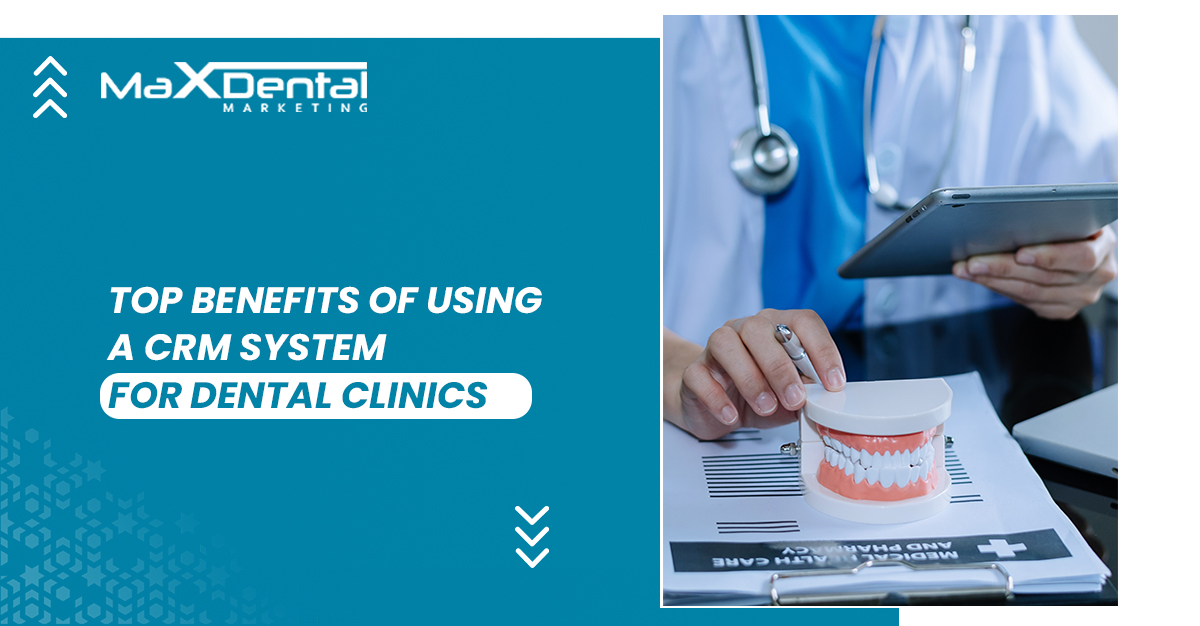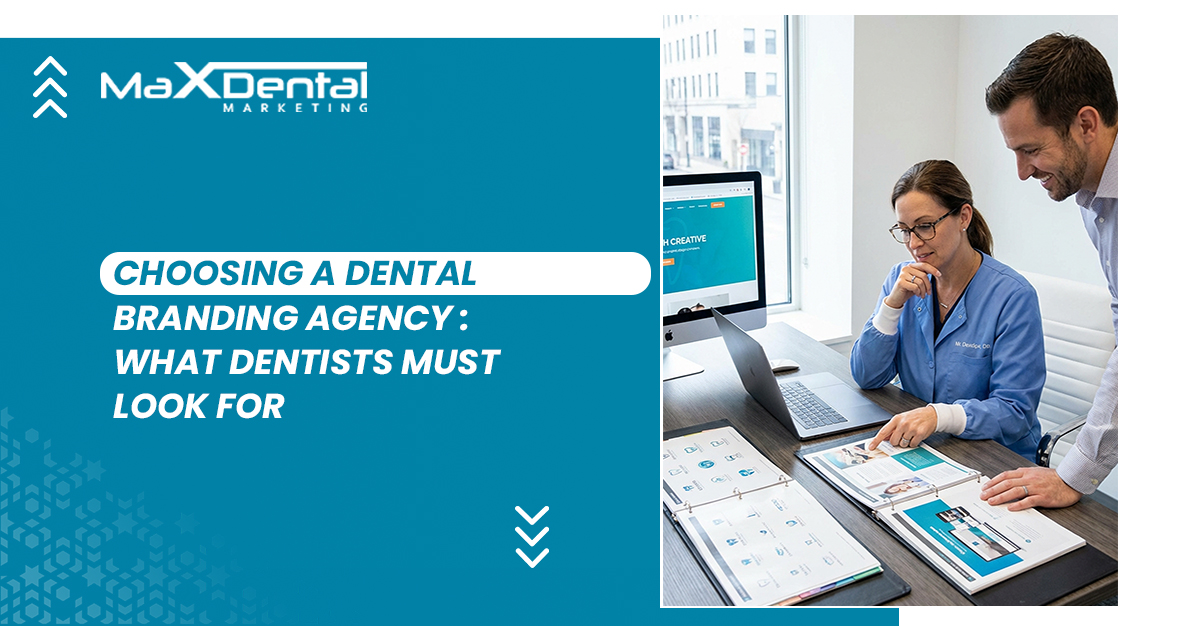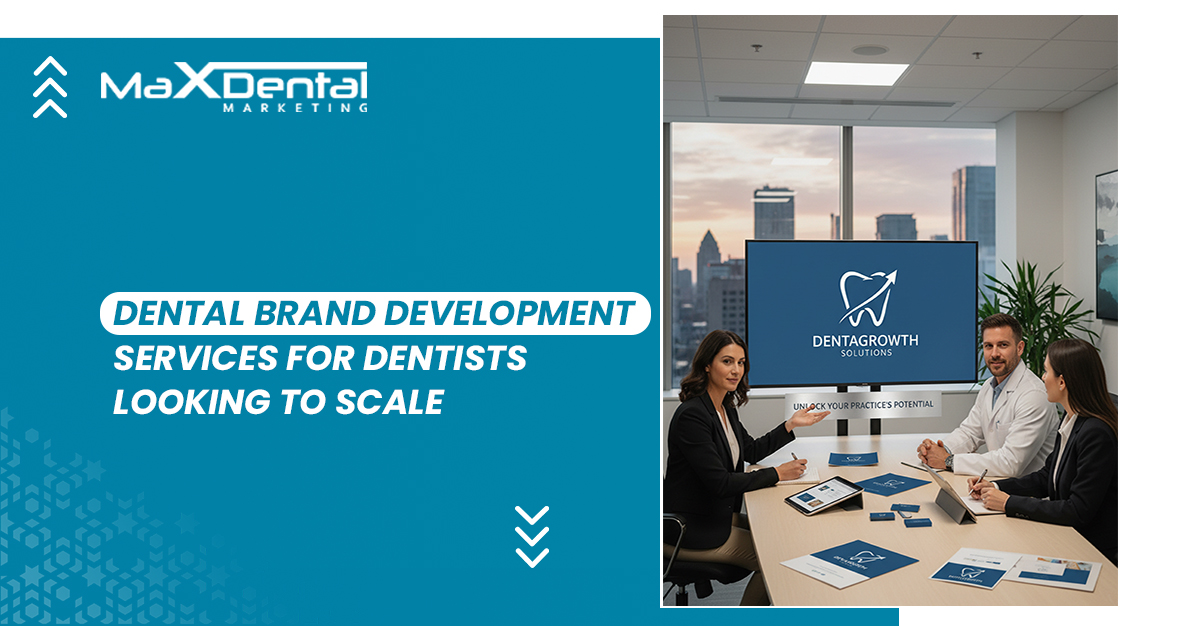The operations of a dental clinic are not limited to clinical practice. It denotes managing schedules and patient relationships. A crm system for dental practice brings patient details together.
It stores contact information, treatment notes, and appointment history in one place, diminishing uncertainty at the desk.
When linked to 24/7 dental answering services, it supports constant availability. Patients get fast responses, and staff gain clarity. Choosing the best crm for dental practices ensures that your team has a solution tailored to your clinic’s unique needs.
We’ll now explore the clear benefits that make daily work easier.
Table of Contents
ToggleBuilding Stronger Patient Connections
Personal care matters. A dental crm system makes personal care possible. Staff can record patient preferences and special needs. Teams can see past treatments and follow-up items.
This helps staff prepare for visits and send relevant messages. For example, staff can note a preferred name, record the best time to call, and flag any accessibility needs.
These small details make visits easier for patients and simpler for staff. Small personal touches add up. Patients notice the effort, return more often, and share positive feedback.
Preventing Missed Appointments
Empty slots hurt the team. A dental crm system diminishes no-shows with timely reminders. It sends texts and emails automatically, can confirm appointments, and collects quick replies.
When patients cancel, the system quickly shows open slots. Front desk staff can fill them quickly, keeping the calendar working and reducing wasted hours. A steady schedule makes the office calmer.
The system also supports two-way confirmations. Patients can reply to confirm or request a new slot. This lessens last-minute gaps and helps the front desk plan.
Improving Team Communication
Good teamwork starts with shared information. A CRM system for dental practices gives the whole team a single source of truth, meaning everyone accesses the same accurate and updated information in one central place.
Notes from calls, clinical observations, and treatment plans are visible to all who need them. This reduces repeat questions and mistaken assumptions and speeds up handovers between staff.
Patients get faster and more consistent answers when everyone sees the same data. Clinical staff can leave secure notes for follow-up, and front desk staff can see flags for special attention. This shared view reduces phone tags and duplicated work.
Enhancing Marketing and Patient Outreach
Targeted outreach wins more patients than broad advertising. A dental crm system helps you segment your patient list.
You can group patients by last visit, age, or treatment type and send messages that match their needs. Examples include routine checkup reminders, treatment options based on past care, and offers for lapsed patients.
Focused outreach raises response rates. It makes each campaign more cost-effective. You can test distinct messages and keep the ones that work best. Over time, you learn what prompts patients to book again.
Making Data-Driven Choices
Numbers guide better choices. A CRM system for dental practices offers reports and clear dashboards. You can track recall rates, which show how many patients return for routine checkups, treatment adoption, and patient flow.
These insights show where to focus improvement. You can test small changes and watch real results. Data removes guesswork. It helps the clinic plan staffing and services more wisely.
Hold short monthly reviews to check the numbers. Use what you learn to tweak schedules and marketing. Small changes often result in better outcomes.
Streamlining Daily Administrative Work
Simple tasks can eat up much time. A CRM system for dental practices automates many routine items. Tasks that can be automated include:
- Appointment reminders and confirmations
- Recall and follow-up lists
- Billing reminders and insurance follow-up
- Post procedure check-in messages
Automation mitigates manual entry and human inaccuracies. Staff get more time to serve patients, making the clinic more efficient and calm.
Staff report less stress when routine work is handled automatically. That augments morale and minimizes turnover over time. Here, turnover refers to the rate at which staff leave the clinic and must be replaced.
Offering Better Around-the-Clock Support
Patients call at all hours. 24/7 dental answering services attend to calls when the office is closed. They route urgent matters to the right person.
When the CRM logs these interactions, your team can follow up promptly. This mix of tools ensures patients feel supported and lowers the chance that a concern goes unanswered.
Rapid follow-up precludes minor issues from escalating. In some cases, it can keep a patient from seeking emergency care. That is better for the patient and less pricey for the system.
Training Staff for Real Use
A great system needs good training.
- Keep sessions short and practical.
- Show staff how to enter notes and set reminders with real examples.
- Run practice drills and role plays.
- Offer quick reference guides for routine tasks.
- Schedule brief refreshers often.
When staff are confident, they use the tools well and patients benefit. A simple training plan can help.
- One-hour intro session
- Two hands on practice shifts
- Weekly 15-minute tips for a month
This keeps skills fresh and removes common discrepancies.
Integrating with Other Tools
A clinic uses many systems. The CRM should connect to scheduling, billing, and phone systems. Linking phones and 24/7 dental answering services ensures every conversation is logged. Connect billing to prevent repeated entry.
These integrations build an effortless workflow and keep data accurate across systems, reducing mistakes and saving time.
Improving Follow-Up Care
Aftercare matters for outcomes and satisfaction. The CRM can schedule post-care checks as part of standard workflows, remind patients to return, and collect feedback.
Staff can track recovery notes in the same file. Early issues are spotted and handled, and proactive follow-up helps patients heal well and feel cared for.
Monitoring Performance and Growth
You must measure what matters. Use CRM reports to watch trends over time. You can also link call logs from 24/7 dental answering services to your performance reports.
Track how many patients return and which treatments work. Watch campaign performance and conversion rates.
These numbers guide marketing and operations. They also show the impact of minor alterations. With clear numbers, you can set achievable goals. Track key performance indicators, such as:
- Recall completion rate
- New patient bookings per month
- Average days between visits
These KPIs reveal what needs attention and what’s working well.
Creating Personalized Patient Journeys
Patients respond to relevance. The CRM helps map each journey. Linking notes from 24/7 dental answering services helps tailor messages after phone conversations. You can tailor messages and timing from the first phone call to long-term care.
Send reminders at the right moments. Offer services that match a patient’s history. Personal journeys augment contentment and long-term retention. An example journey might incorporate:
- Welcome message after the first call
- Reminder before first appointment
- Follow up after treatment
- Recall reminder at the right interval
These steps feel natural and keep patients on track.
Growing Your Practice with CRM Support
A CRM system for dental practices supports growth through improved service and efficiency. When combined with 24/7 dental answering services, the practice stays responsive.
New patients find the clinic easy to reach. Returning patients enjoy consistent care. Staff can manage more patients with less stress. Reliable service helps your reputation grow.
The system can also prompt satisfied patients to leave a review. That brings in referrals and new bookings without heavy advertising.
Don’t Neglect an Answering Service
Consider using an answering service for a dental office to manage calls during busy hours or when the office is closed. The answering service captures messages, schedules appointments, and forwards urgent matters to the right team member.
An answering service for a dental office ensures every patient call is answered and managed with care, creating a positive experience that strengthens trust and loyalty.
Conclusion
The CRM simplifies daily work and strengthens patient care. It diminishes missed appointments, enriches team communication, and augments targeted outreach.
Plus, when you use an answering service for a dental office, the clinic gains constant support.
Together, these tools build a reliable, patient-focused practice that grows with care and consistency.
Max Dental Marketing helps dental clinics get the most out of their dental CRM systems. We set up the tools, train staff, and keep everything running smoothly.


